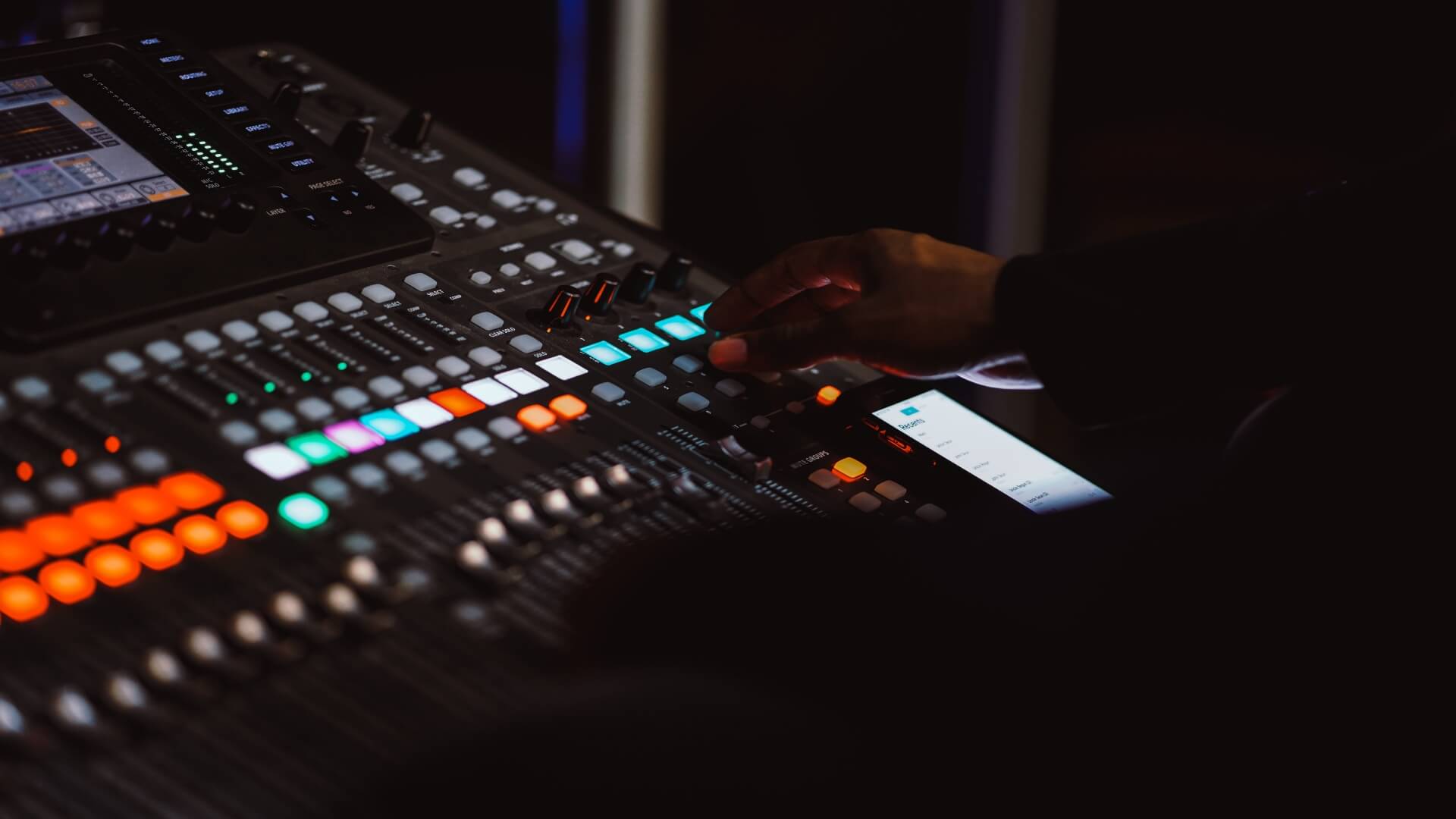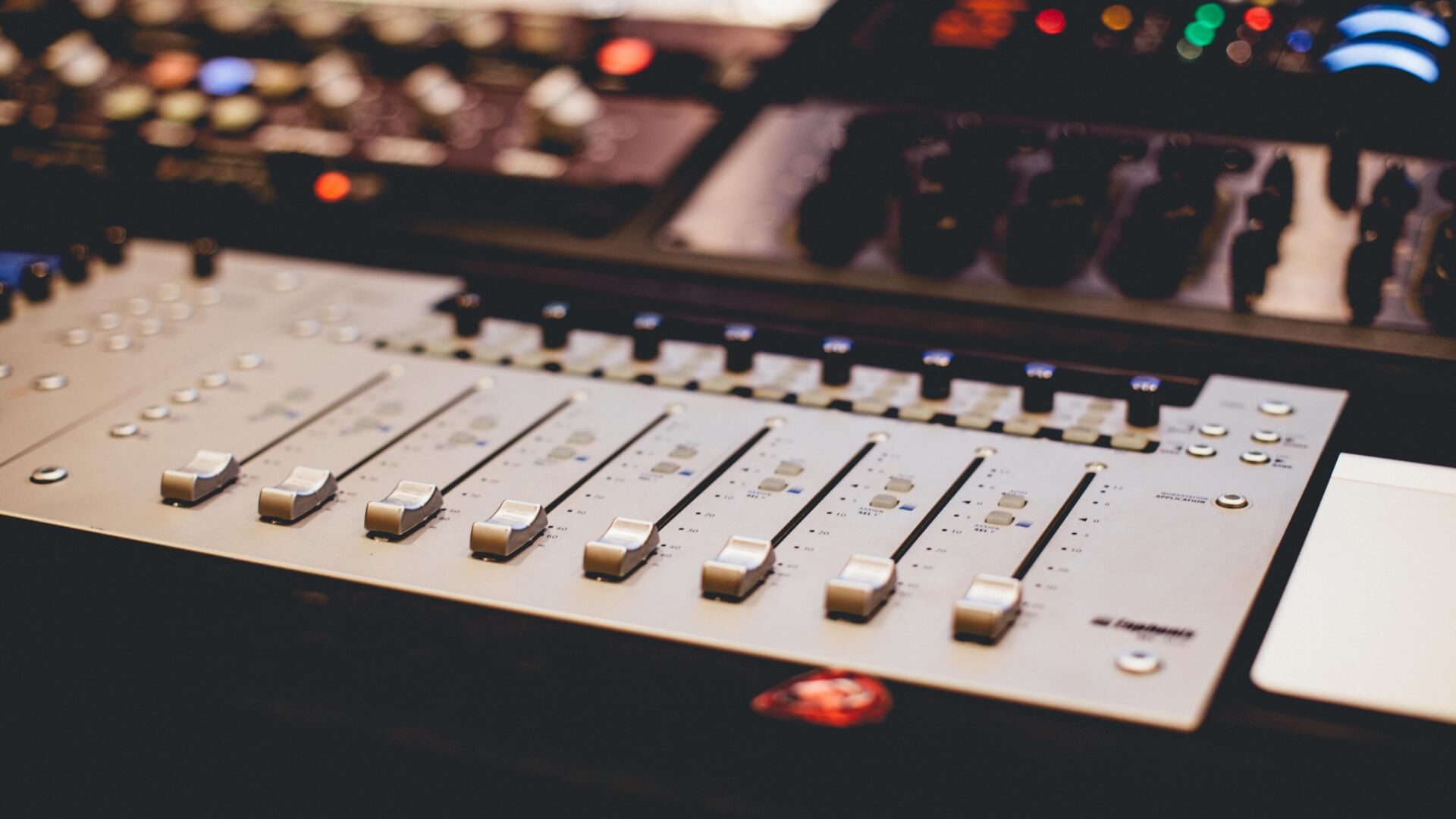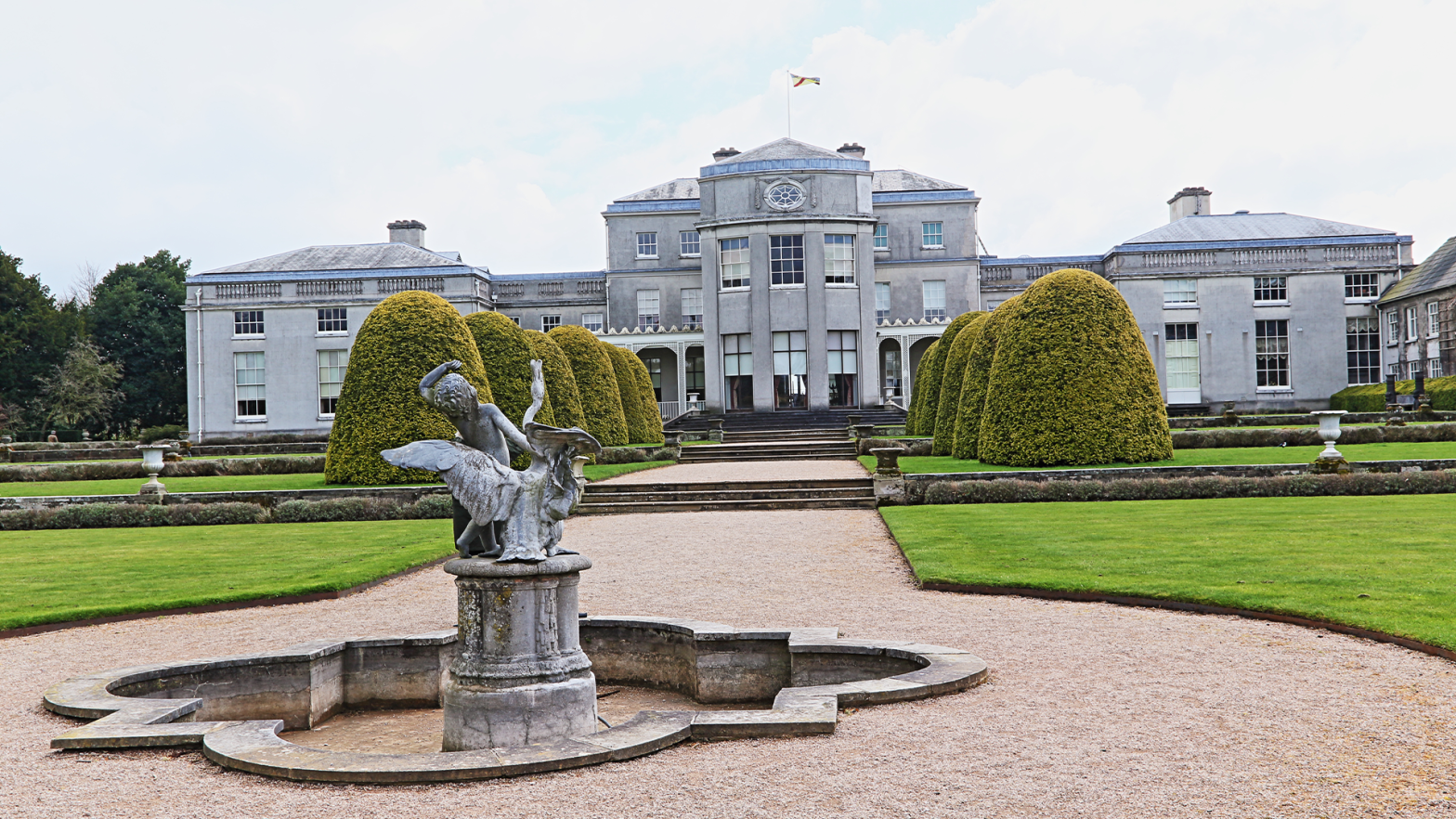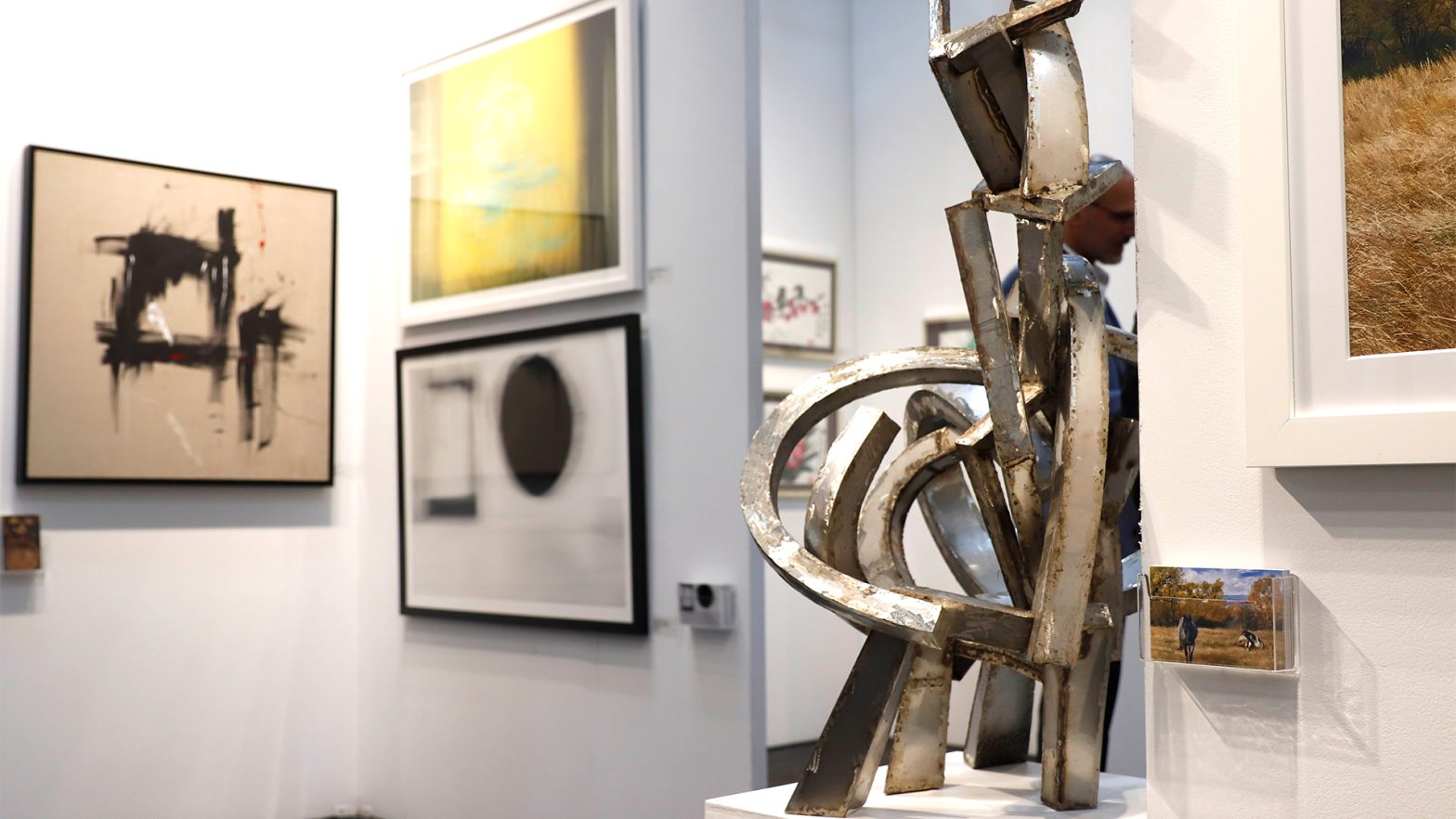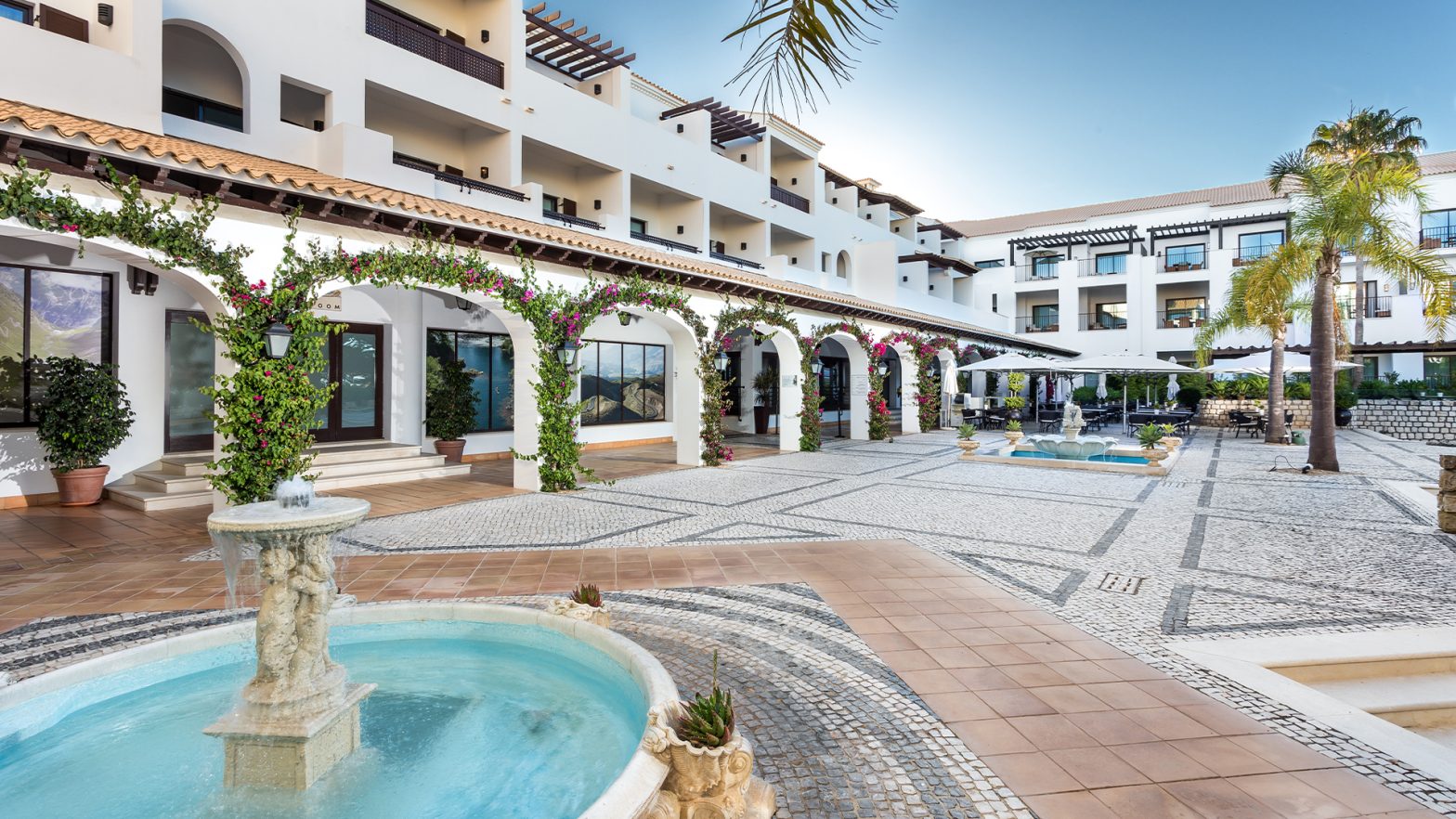Making music is a passion for many people, and with the right equipment, it can be done just about anywhere. If you’re just starting out in the world of home studio recording, there are some basic things you need to know in order to make the most of your experience. We’ll talk about six ideas in this blog article to get you going.
You’ll Want A Good Studio Monitor
You’ll want a good studio monitor so you can hear your recordings clearly. This is an important part of the recording process because you need to be able to identify any flaws in your music. A lot of times, beginners will use regular speakers, but these aren’t designed for music production and can actually make your recordings sound worse.
Studio monitors are specifically designed for music production, so they will give you a much clearer sound. The best beginner options are the LSR305 or the Rokit RP-502S, both of which are under $200. If you’re on a tight budget, these will do the trick, but if you can afford them, we recommend upgrading to something a little more expensive.
A Good Microphone Goes A Long Way
If you’re looking to get into recording music at home, one of the most important pieces of equipment you’ll need is a good microphone. There are all sorts of microphones out there and it can be overwhelming trying to figure out which one is right for you. But don’t worry, we’re here to help!
For starters, it’s important to know that there are two main types of microphones: condenser and dynamic. Condenser microphones are typically more expensive, but they’re also more sensitive and produce a higher quality sound. Dynamic microphones are less expensive and not as sensitive, but they’re still perfectly capable of producing great-sounding recordings.
A Decent PC
If you’re looking to get into music production, one of the most important pieces of equipment you’ll need is a decent computer. It doesn’t have to be the best or the most powerful model on the market, but it does need to be able to handle the demands of running music production software. Here are a few things to keep in mind when shopping for a computer for your home studio:
- Processor: You’ll need a processor that is fast enough to handle the demands of your music production software. A good rule of thumb is to get a processor that is at least twice as fast as the minimum requirements for your software.
- Memory: Music production software can be very demanding on your computer’s memory. Make sure you get a computer with enough RAM to run your software without issue.
- Storage: You’ll need enough storage space for all of your music files, samples, and projects. A good rule of thumb is to get a minimum of 500GB of storage space.
A Good Comfortable Chair
If you’re going to be spending any significant amount of time in your home studio, you’re going to want a good comfortable chair. It doesn’t necessarily have to be anything fancy, but it should be something that supports your back and doesn’t cause you any discomfort after sitting in it for a while. Trust me, you’ll thank me later.
You might also want to consider getting a small footrest to help keep your feet comfortable while you’re working. I can’t tell you how many times I’ve wished I had one while I’ve been stuck in my chair for hours on end.
Soundproofing Equipment
If you’re just starting out in the world of home studios, there are a few pieces of equipment that you’ll need to invest in. Soundproofing is one of the most important aspects of setting up your studio, and there are a few different ways to go about it.
First, you’ll need to decide whether you want to soundproof your entire room, or just create a vocal booth. If you’re only recording vocals, you can get away with a much smaller space, and there are a number of portable options on the market.
If you’re looking to soundproof an entire room, however, you’ll need to invest in some heavier-duty equipment. There are a few different ways to go about this, but the most popular method is to build a false wall.
An Audio Interface
If you’re looking to get into home recording, one of the first things you’ll need is a good audio interface. An audio interface is a device that converts your analogue audio signals into digital signals that can be read by your computer. This is necessary because computers don’t have the ability to understand analogue audio signals on their own.
A simple audio interface will typically have a few different inputs and outputs. The most common input is a microphone input, which allows you to connect a microphone to the interface. You’ll also find line-level inputs, which are used for instruments like guitars and keyboards. Outputs include headphone jacks and line-level outputs.
In conclusion, these are just a few of the things you’ll need to get started in the world of home studios. Of course, there is a lot more equipment you can buy as you start to expand your setup, but these six items are essential for any beginner.
